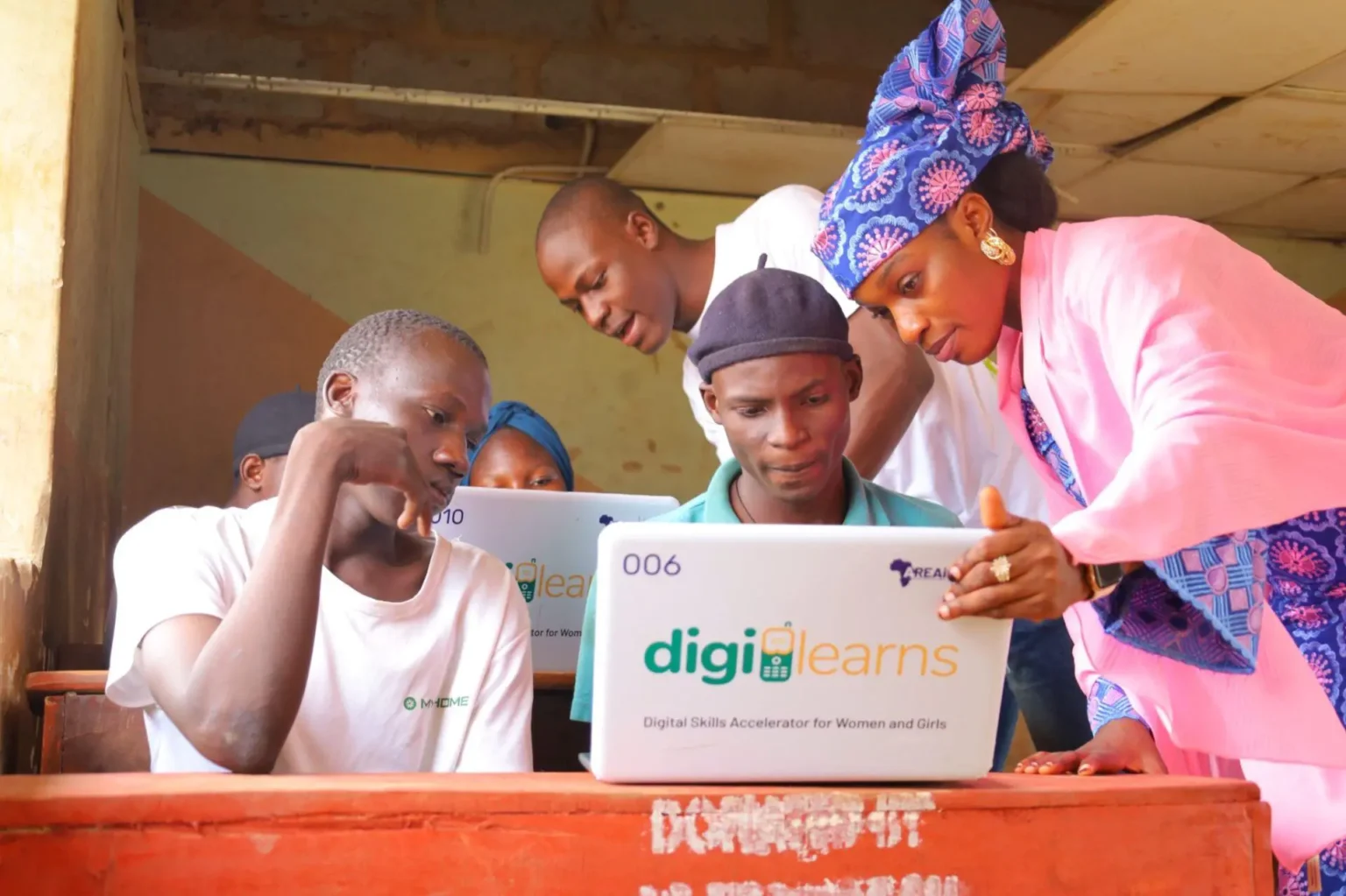In a major step towards modernizing education, the Federal Government has launched a new digital skills curriculum for secondary schools across Nigeria.
The initiative, unveiled on Monday in Abuja, introduces students to coding, cybersecurity, digital citizenship, and basic artificial intelligence. It’s a joint effort by the Federal Ministry of Education and the Ministry of Communications and Digital Economy.
Education Minister Prof. Tahir Mamman described the move as a necessary leap to align Nigerian students with global technology trends. “Today’s world runs on data, code, and critical thinking.
Our children cannot be left behind,” he said at the launch event. The curriculum will roll out gradually from the 2025/2026 academic year, beginning with pilot schools in each state.
Teachers will also receive specialized training to effectively deliver the new content. The Teachers Registration Council of Nigeria (TRCN) is expected to coordinate workshops and certifications for ICT instructors, many of whom will be drawn from existing staff. The government is working with private tech partners to supply learning materials and digital tools.
Reactions have been mostly positive, with many parents and education stakeholders calling the reform “long overdue.”
Critics, however, have raised concerns over electricity, internet access, and teacher readiness—especially in rural schools. Still, the government maintains that the new digital curriculum is a vital foundation for preparing Nigerian students for global competitiveness.





